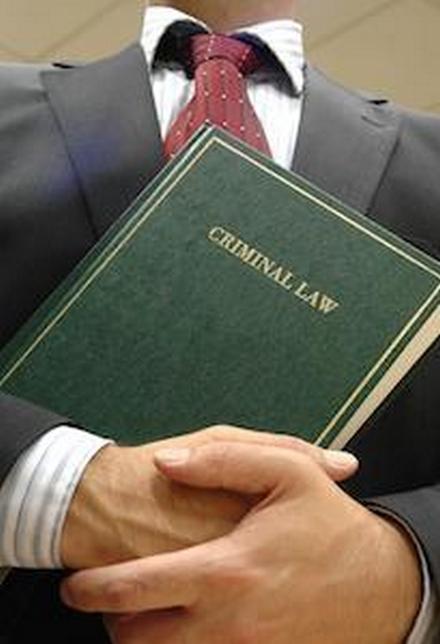TELEPHONES ANSWERED 24 HOURS A DAY
Understanding Your Rights in a Criminal Trial
 A person facing federal drug charges must always be prepared to assert his or her constitutional rights before and during trial. Once a jury convicts, it becomes much more difficult for a defendant to assert those rights on appeal. A recent decision by the 7th U.S. Circuit Court of Appeals in Chicago illustrates the uphill climb drug defendants face.
A person facing federal drug charges must always be prepared to assert his or her constitutional rights before and during trial. Once a jury convicts, it becomes much more difficult for a defendant to assert those rights on appeal. A recent decision by the 7th U.S. Circuit Court of Appeals in Chicago illustrates the uphill climb drug defendants face.
An Unprompted Confession
The underlying case involved a man accused of possessing and distributing crack cocaine. The Drug Enforcement Administration (DEA) paid the man's nephew to go to his house, purchase cocaine, and then bring the drugs to the DEA. The DEA also fashioned the nephew with an audio/visual device so he could record the purchase.
Based on the recording and the drugs, the DEA agents obtained a search warrant. The agents then sent the nephew back to his uncle's house to make a second drug purchase. Following that, the agents then executed a raid on the uncle's house. During the search, agents detained the uncle and other occupants of the house. At this point, the uncle twice said, “don't worry, everything in that room is mine,” referring to the illegal narcotics agents seized.
After his conviction—which led to a 24-year prison sentence—the defendant argued to the 7th Circuit that both his statement to the police and his nephew's video recording should have been suppressed. The appeals court rejected both claims. Judge Richard Posner, writing for a unanimous three-judge panel, said there was no violation of the defendant's constitutional rights.
On his first point, the defendant said police never advised him of his Miranda rights before he gave his statement. Judge Posner acknowledged the defendant was under police custody, but concluded there was no interrogation. The Miranda warning is only necessary when police question a suspect. Here, the agent simply asked the defendant if he wanted to make a statement. Judge Posner noted the defendant could have simply answered “no”; instead, he “decided to blurt out an incriminating statement.”
Regarding the nephew's secret video recording, the defendant argued it was wrong for the jury to witness it, as the nephew himself never testified at trial. The Sixth Amendment to the United States Constitution guarantees a defendant's right to confront the witnesses against him. But as Judge Posner explained, the video itself was just a series of pictures, not a witness subject to cross-examination. If the defendant wanted to challenge the accuracy of the videotape, he could have offered his own expert witness or cross-examined the DEA agent who introduced the tape into evidence. The defendant did neither. Nor did he even bother to subpoena the nephew to testify.
Protecting Your Rights
It is never a good idea to make any statement to the police outside the presence of counsel. Even if the police claim to have overwhelming evidence of guilt, a defendant must still take care to assert all constitutional rights before and during trial. That is why if you or someone you know is facing serious criminal charges, you should contact a Chicago criminal attorney immediately.



